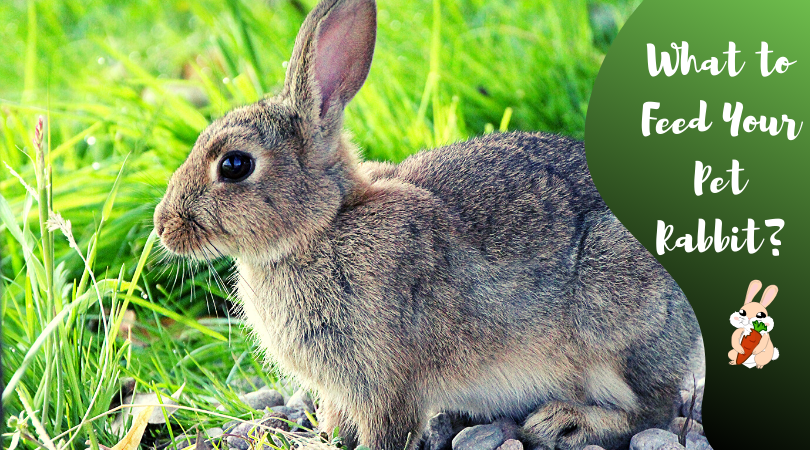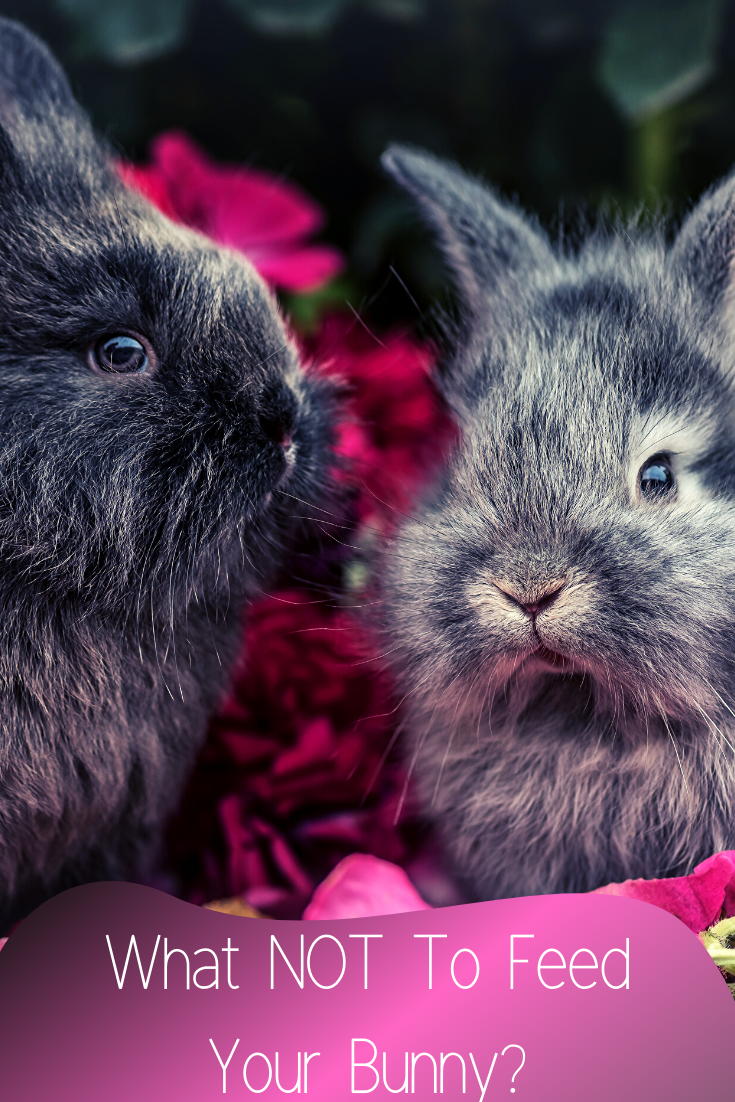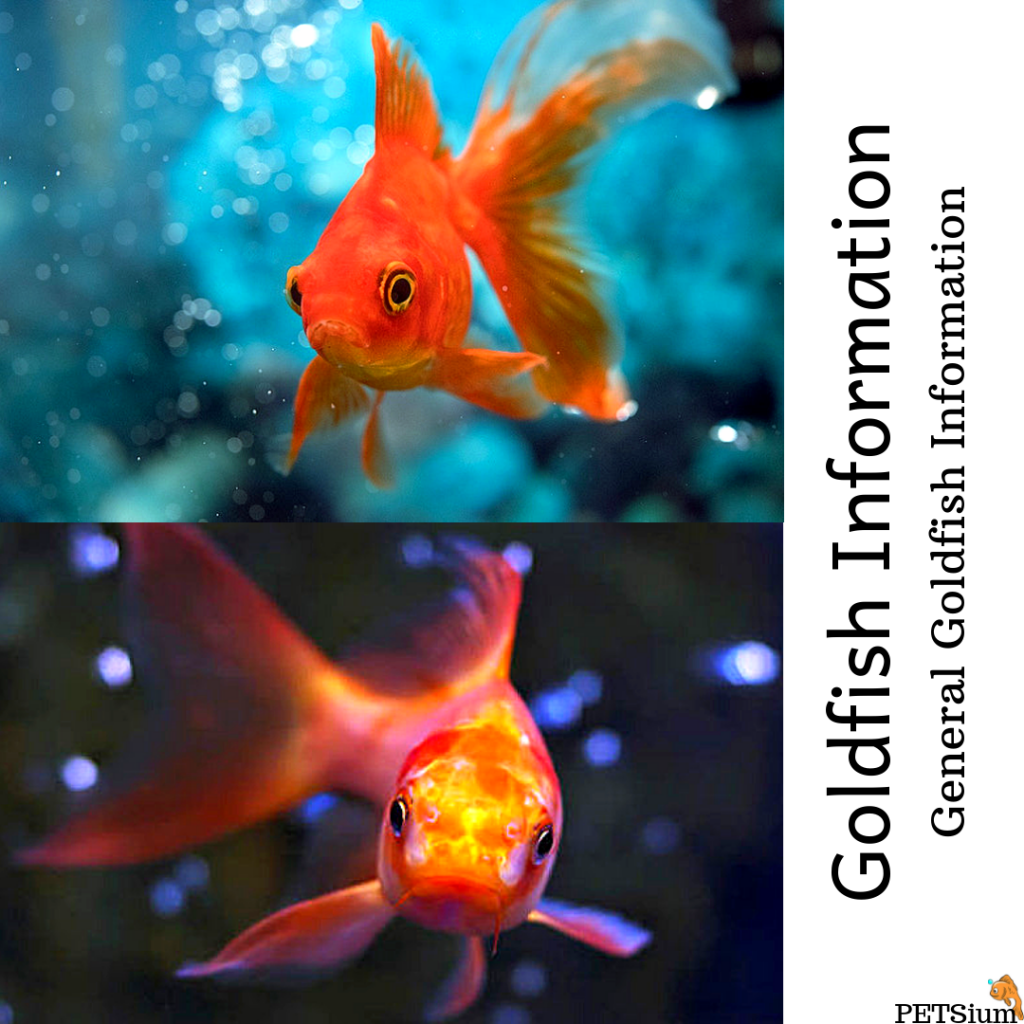Many health problems in rabbits can be avoided through an appropriate diet. Rabbits have a somewhat complicated digestive system that requires food that is adapted to it. Rabbits are strict herbivores.
The right diet is important to keep your rabbit healthy and cheerful. And with all the misconception surrounding rabbit eating habits the right diet becomes a matter of life and death for the rabbit!

Post Navigation
Feeding Rabbits Properly
Note that regular food from your refrigerator is not good for rabbits! And the common belief that a rabbit will eat just anything and stay healthy and playful is drastically wrong.
Rabbits are true vegetarians (the scientific term is herbivore). But the popular statement that rabbits eat only carrots and lettuce is way far from reality.
The truth is that a rabbit feeding carrots and lettuce will live a very short life and die is a very unpleasant manner. That is why, with all the misconception surrounding rabbit eating habits, it is also important to know what NOT to feed your rabbit.
There are certain foods to avoid at all costs. Tomatoes, cabbage, corn, beans, peas, potatoes, beets, onions, bamboo, and seeds hurt the digestive system of the rabbit. Chocolate, candy and other human foods are also unsuitable.
Pet rabbits eat timothy hay or grass, that’s the bulk of their diet, and food pellets. Fresh vegetables are given in small amounts as a treat because large amounts of vegetables are difficult to digest to rabbits.
Remember the following: It is vital to keep a rabbit’s digestive system constantly moving, so never let your bunnies go with nothing to eat, even overnight!
Rabbit Food
Rabbits have a somewhat complicated digestive system that requires food that is adapted to it. Rabbits are strict herbivores.
A typical rabbit diet should consist of the following:
- Hay—provides the necessary fiber that aids the digestive system of rabbits in functioning.
- Green shoots and vegetables—for example, leaf lettuces, parsley and other greens.
- Fruits—these are treats for the animal. Most rabbits enjoy apples as they are sweet and have a hard surface that they can use to grind their teeth on.
- Pellets—commercial feeds should form only a fraction of the total diet. Rabbits cannot survive healthily on pellets alone.
- Water—should be available ad lib. The water should be changed at least once a day.
The rabbit enjoys variety almost as a human would. Repeating the same diet every day would reduce appetite and lead to health problems. It is recommended to have at least three different types of vegetables in the diet every day.
Hay or Grass
Your rabbit must always have grass or hay available, his or her diet should never consist of pellets only. Grass fibers are perfect for keeping a rabbit’s digestive system in constant work, that’s the natural food for wild rabbits.
Make sure the grass you give to your rabbit was not treated with with pesticides. Be careful not to give your rabbit too much Alfalfa Hay as it contains too much calcium for the bunny.
Pellets
Let your rabbit eat only quality pellets from a pet store. Pellets should not form the bulk of the rabbit’s diet, though rabbits love pellets and always want more.
Fresh Vegetables and Fruit
Fresh foods such as carrot, The statement that fruit and vegetables will cause diarrhea or other digestion problems is still under question, the opinions of breeders and veterinarians often diverge.
That is why, to stay on the safe side give your rabbit fresh vegetables and fruit in very small amounts as a treat, one type of food at a time.
Your rabbit will eat broccoli, parsley, kale, carrots (with tops!), dill, endive, mint, escarole, basil, culantro, cilantro, spinach, tomato, celery (cut up into small pieces, to avoid digestions problems with the tough strings!).
Berries and fruit such as mango, apple, banana, cherries, apricot, peach, plum, pineapple, apricot, papaya, berries should be give in very limited quantities for 2 reasons:
1) to avoid intestinal problems
2) not to indulge the rabbit and make him want sweet fruit instead of normal food.

DO NOT Feed Your Rabbit This!
Rabbits are just like kids. And just like kids ready to swallow candies, cookies, chocolates and fast-food in huge amounts, rabbits readily eat the foods dangerous for their digestion and health if you allow them.
- Meat: Rabbits are vegetarians.
- Lettuce: But for some exceptions, lettuce will cause a severe diarrhea in your rabbit which may even kill it.
- Chocolate, sweets, cookies, pasta, bread, chips, crackers or other foods high in carbohydrates.
- Hamster or mice pellets
- Clover: It may cause gas and rabbits are not able to expel the gas like many other animals, which may cause in bloated bowels and death.
- Parsnip, cabbage, swedes, tomato leaves, potato tops.
- Too many vegetables or fruit: Rabbits have very delicate digestive systems unable to digest large amounts of such food. A slice of apple or a small piece of carrot can be sometimes given as a treat.
Do Not Try to Feed Rabbits with Flowers
However, if your rabbit is running free in the garden make sure it won’t eat Tulips and other Bulbs, Arum Lilies, Daffodils, Jasmines, Dahlia, Ivy, Foxglove, Snowdrops, Delphiniums, Honeysuckle, Iris, Hemlock, Poppies, Deadly Nightshade, Primulas, Buttercups, Bluebells, Fairy Primrose, Anemones and Larkspur.
Feeding Your Pet Rabbit
It is important to feed your pet rabbit the right diet, as bunnies are susceptible to digestive problems and obesity. Commercial rabbit food, in the form of pellets, is not an adequate diet and can, in fact, lead to overweight and malnutrition.
The mainstay of a rabbit’s diet should be hay. Fresh grass hay, such as timothy or oat hay, should be available at all times, starting when the bunny is six or seven months old. Additionally, grown bunnies need between two and four cups daily of fresh vegetables.
The best vegetables for rabbits are, of course, carrots and carrot tops, greens such as collards and dandelion greens, and dark leafy lettuces such as romaine. Some greens are high in oxalates, which should be given no more than three times per week.
There are some vegetables to avoid: cauliflower, cabbage, beans, rhubarb and potatoes can be harmful to rabbits.
Finally, a small serving of fresh, high quality pellets can be a useful dietary supplement. But make sure that hay and vegetables are the mainstays of your bunny’s diet. And if you want to give your rabbit a treat, a small serving of fresh fruit is a good choice.




